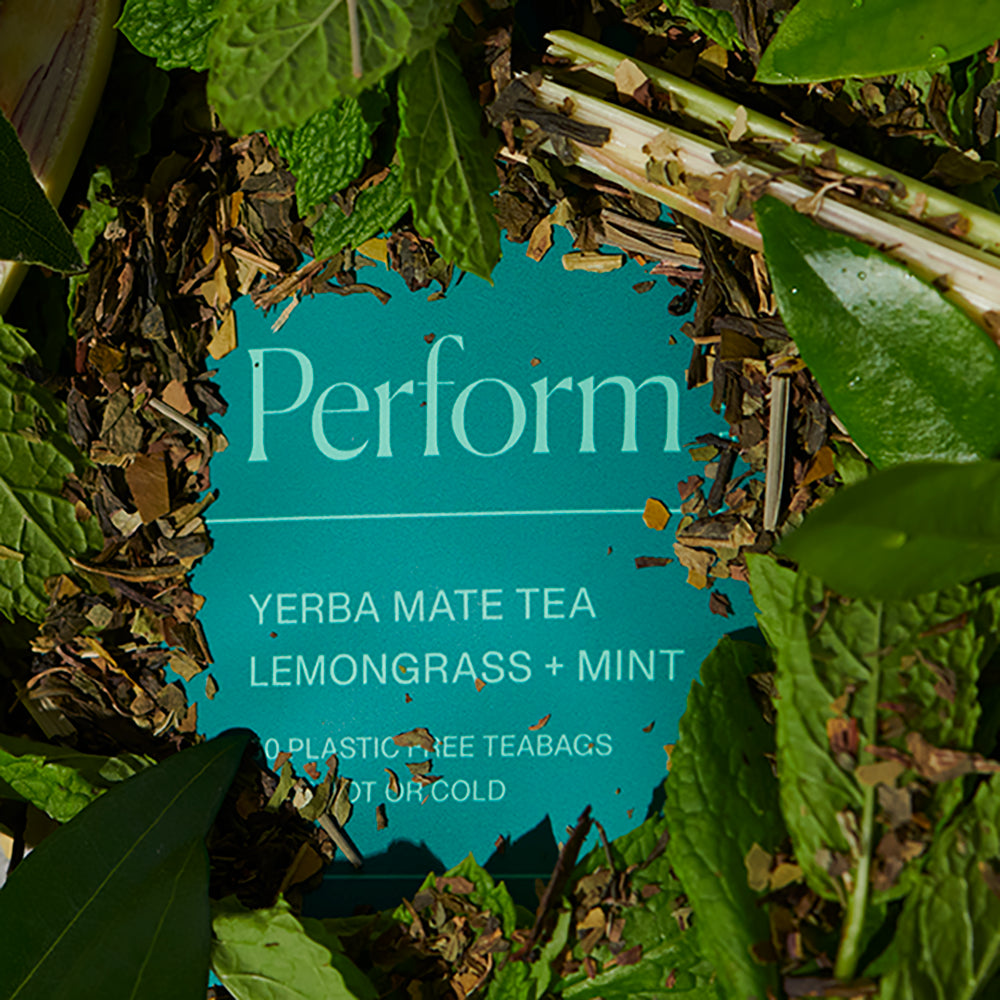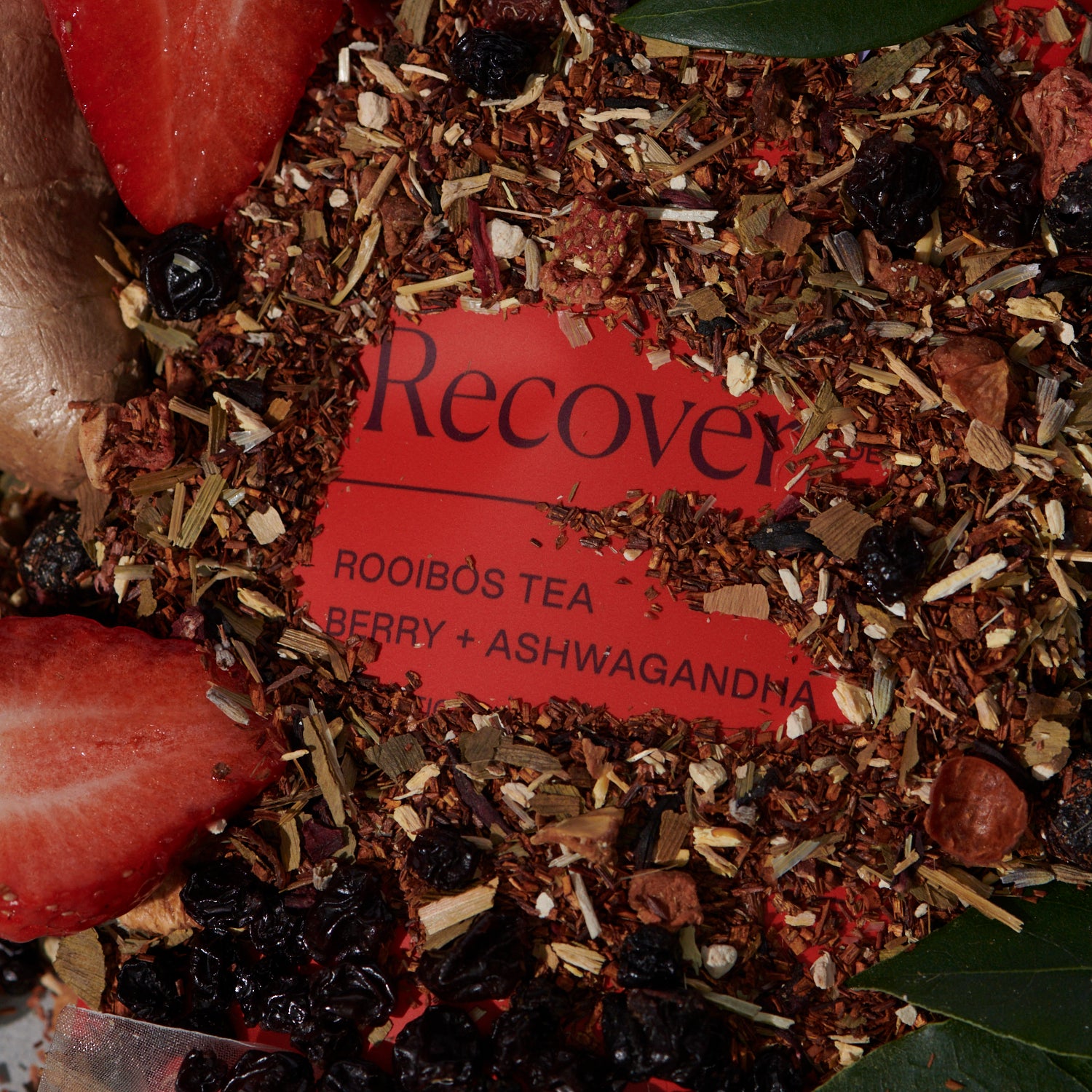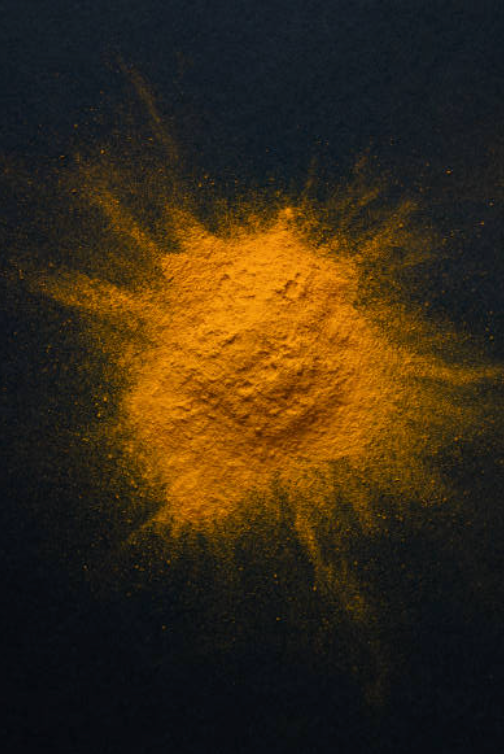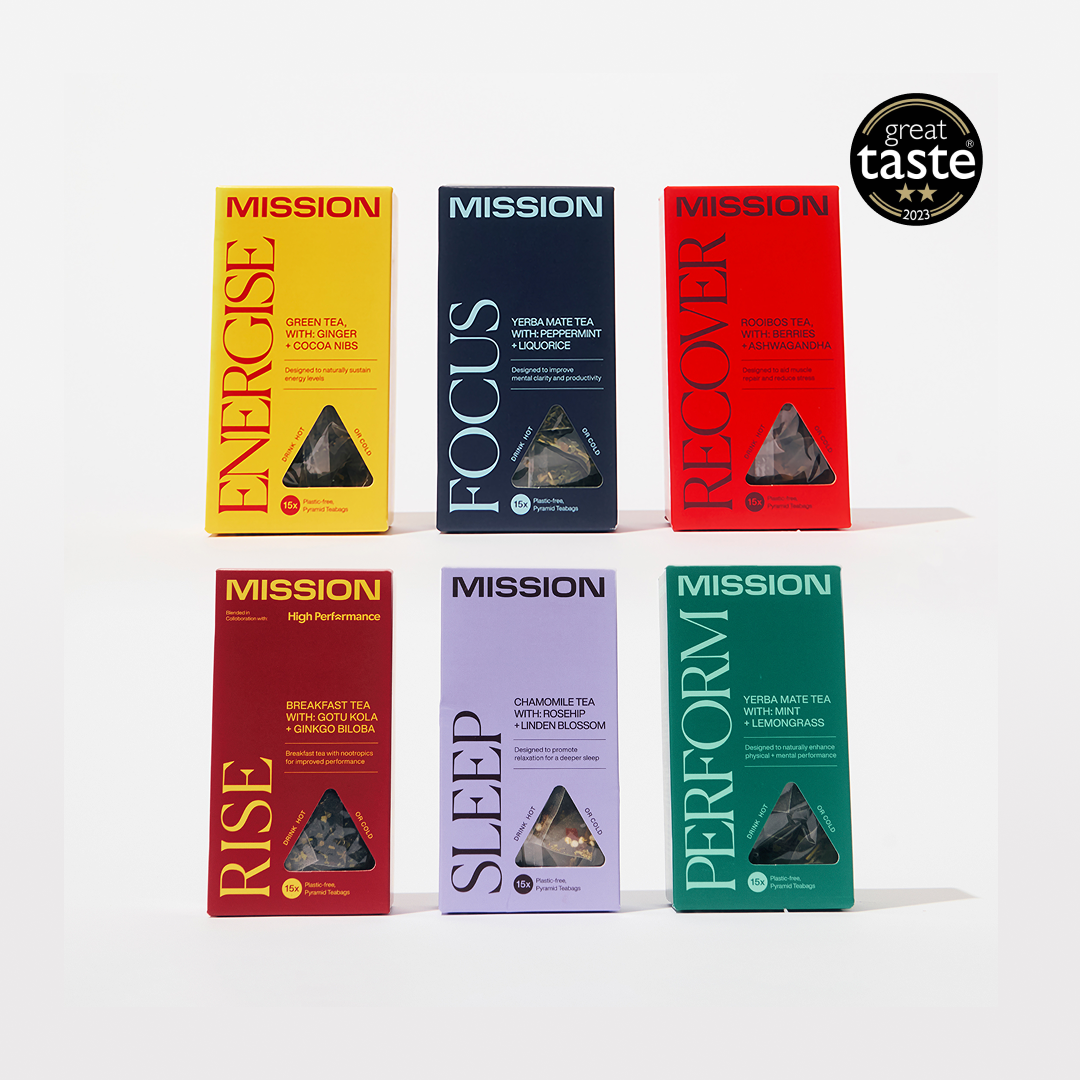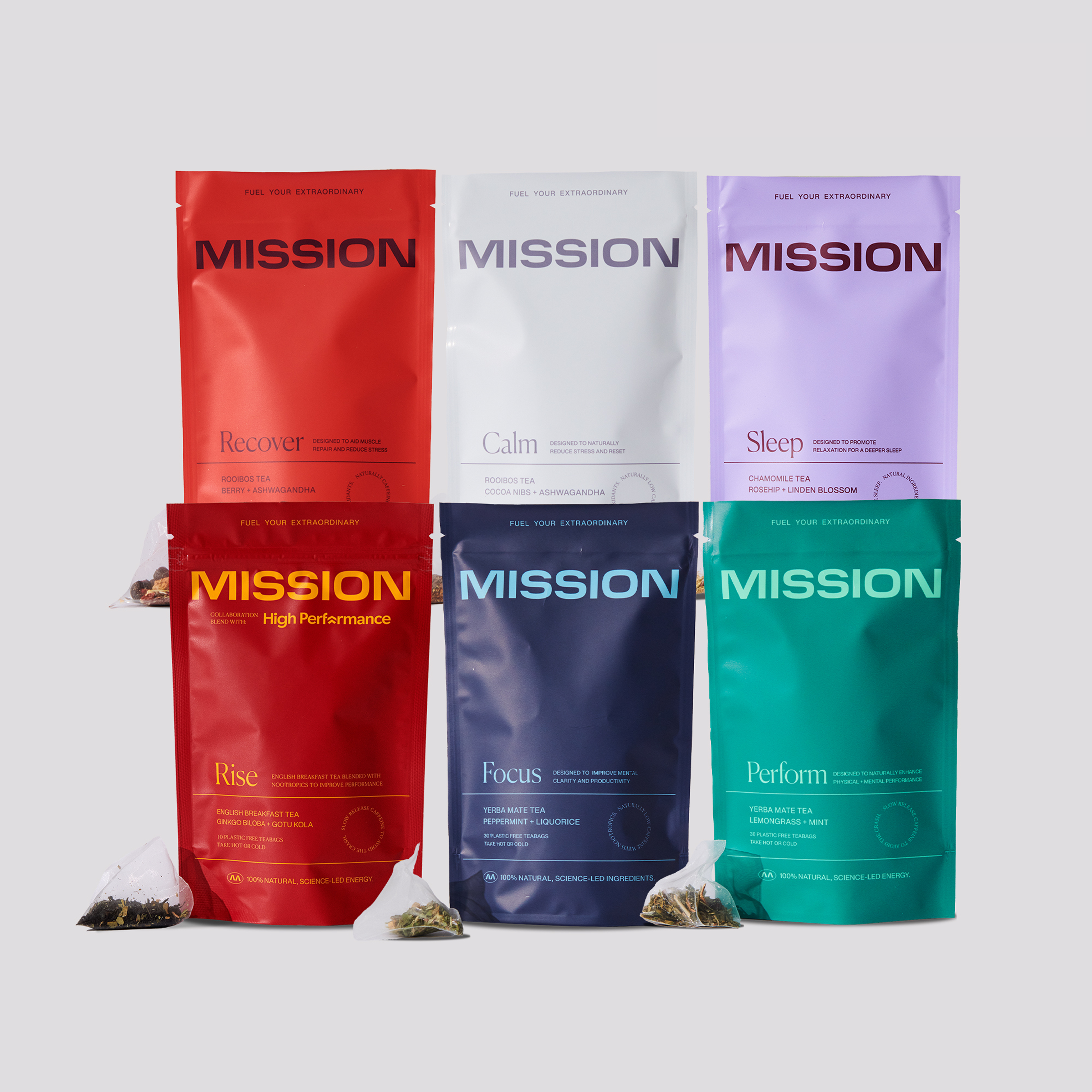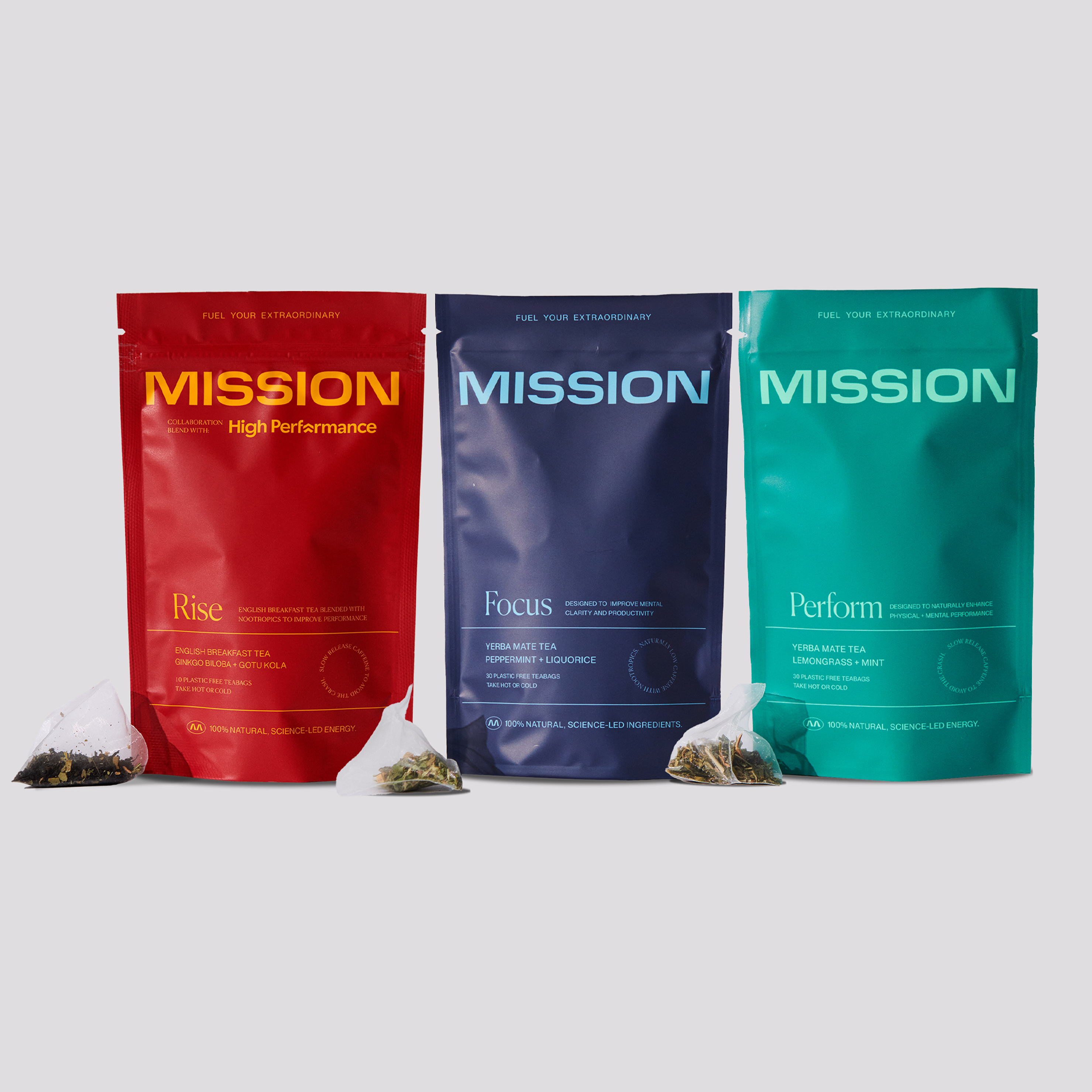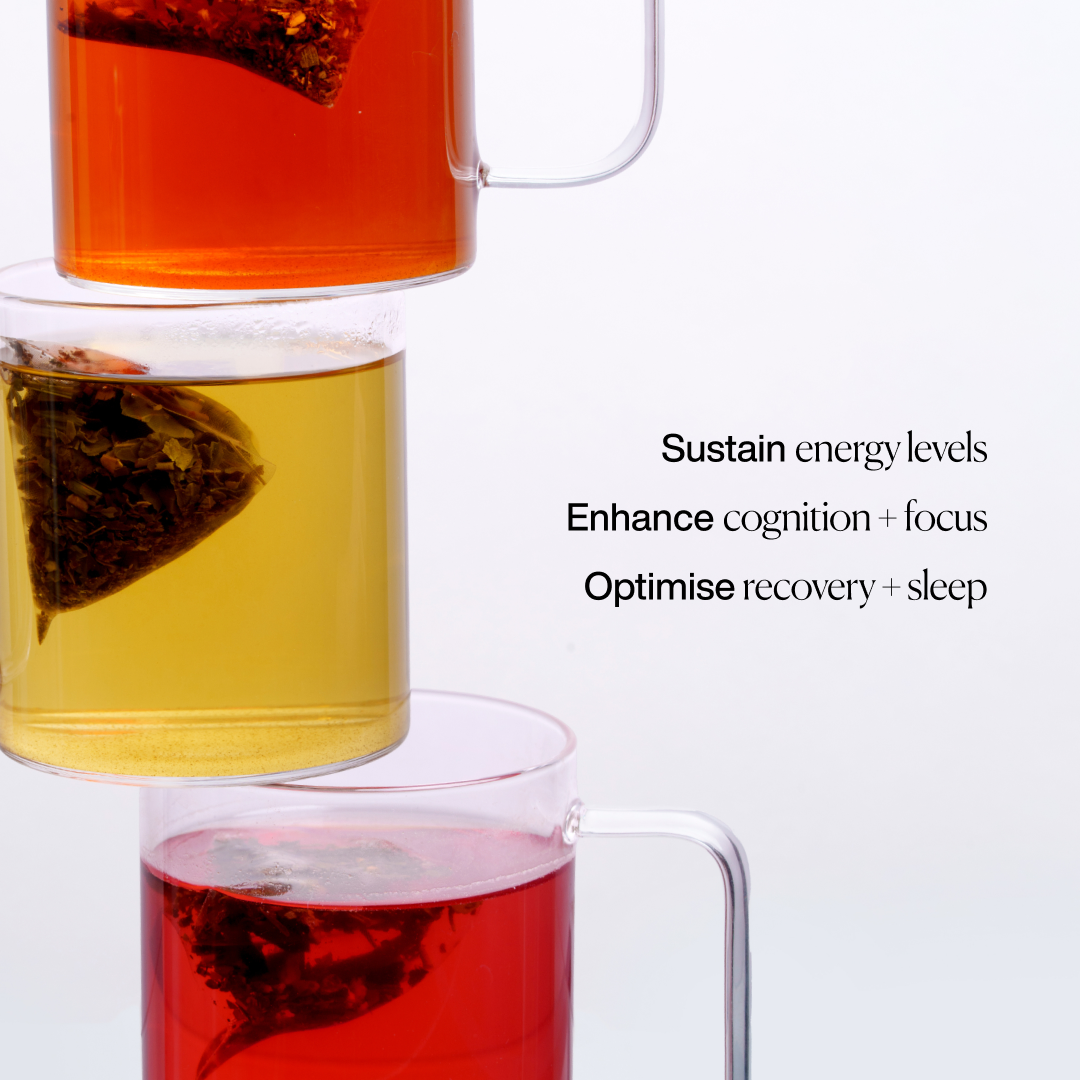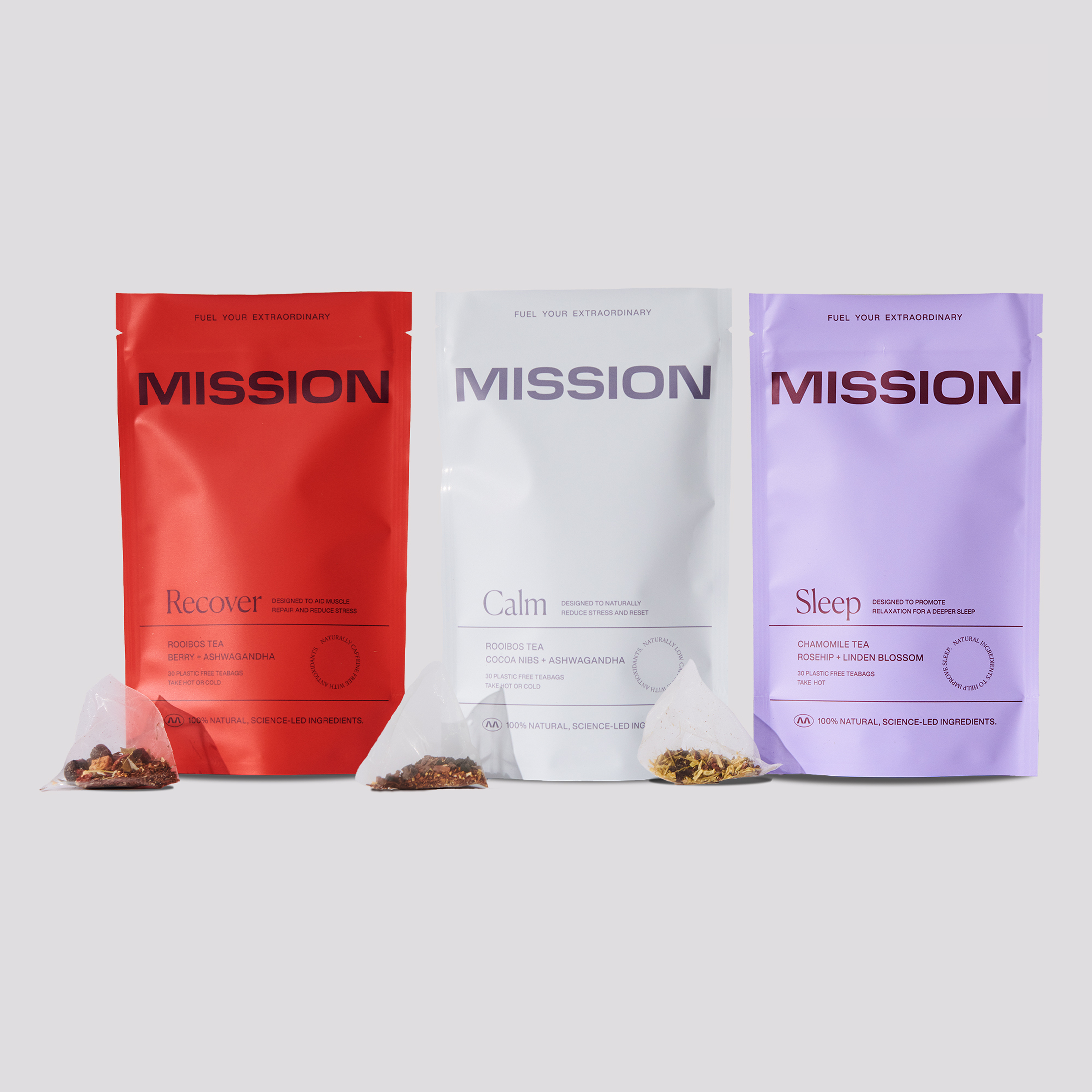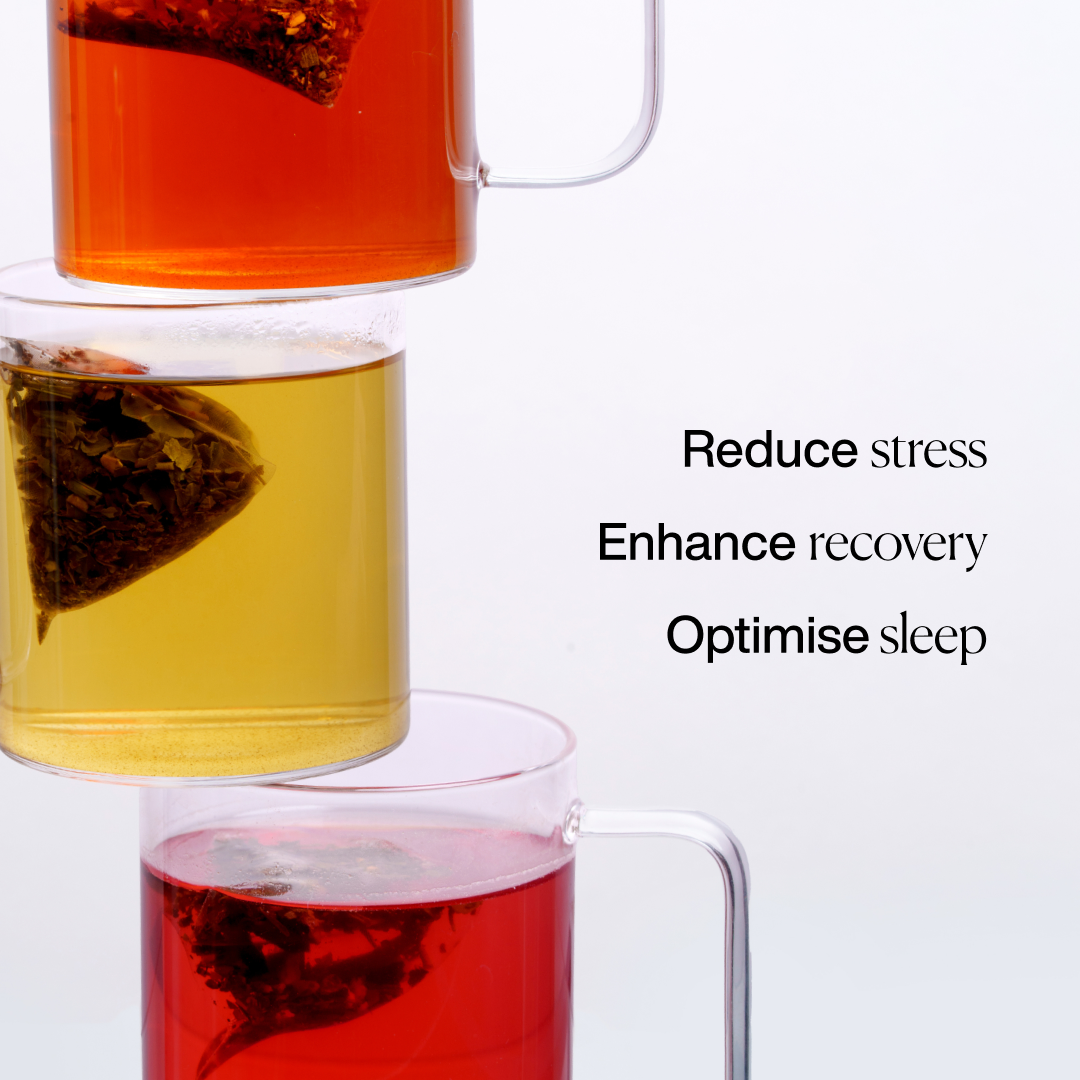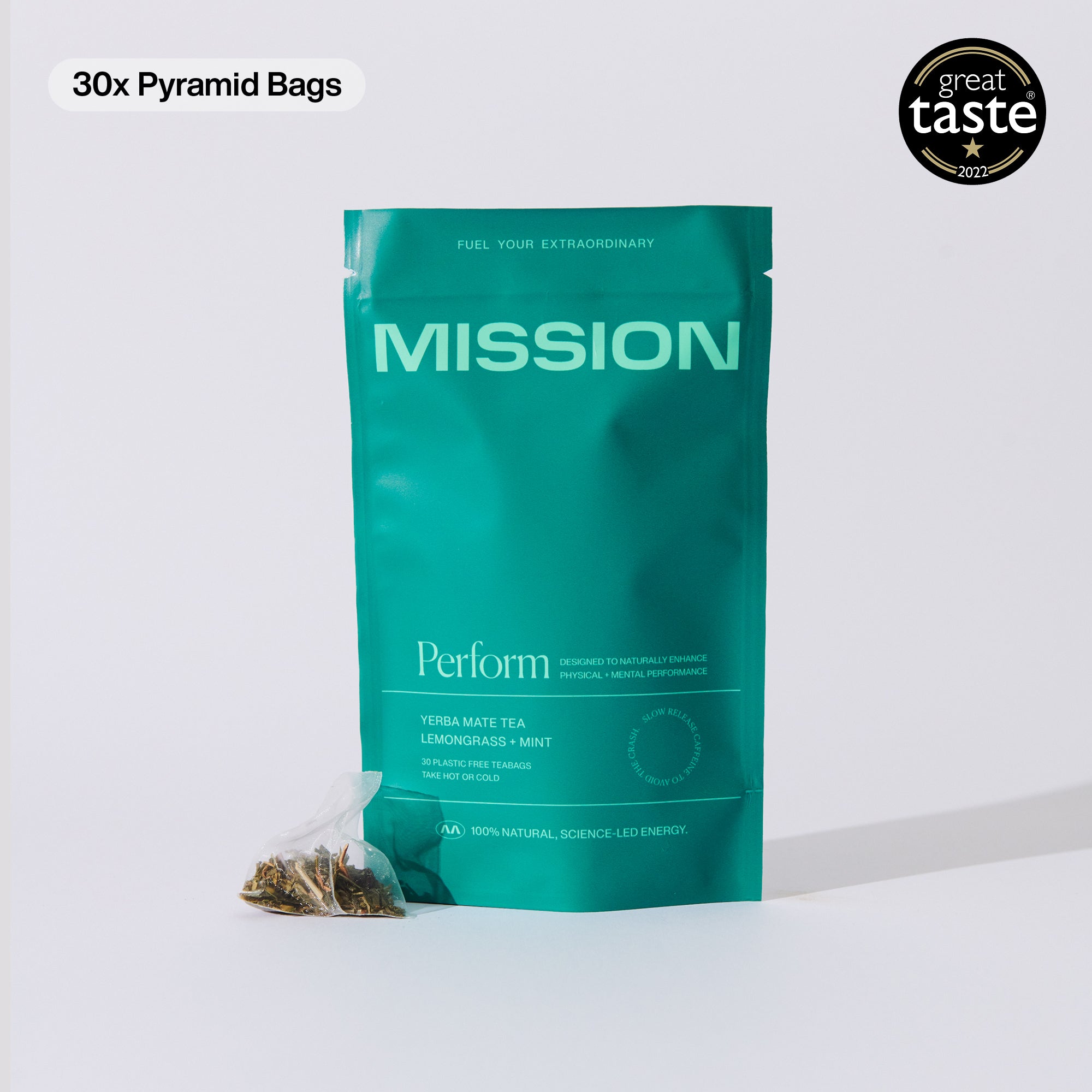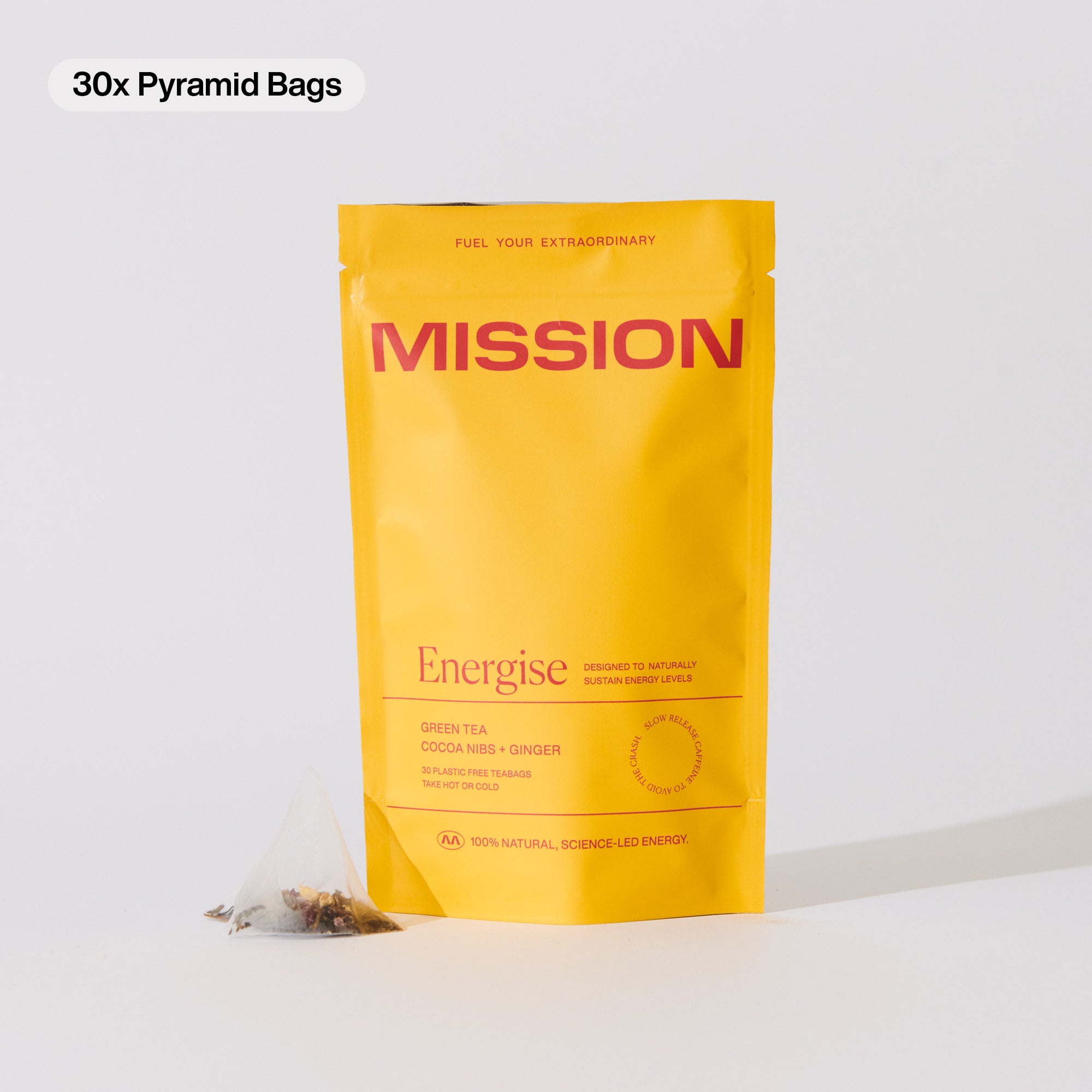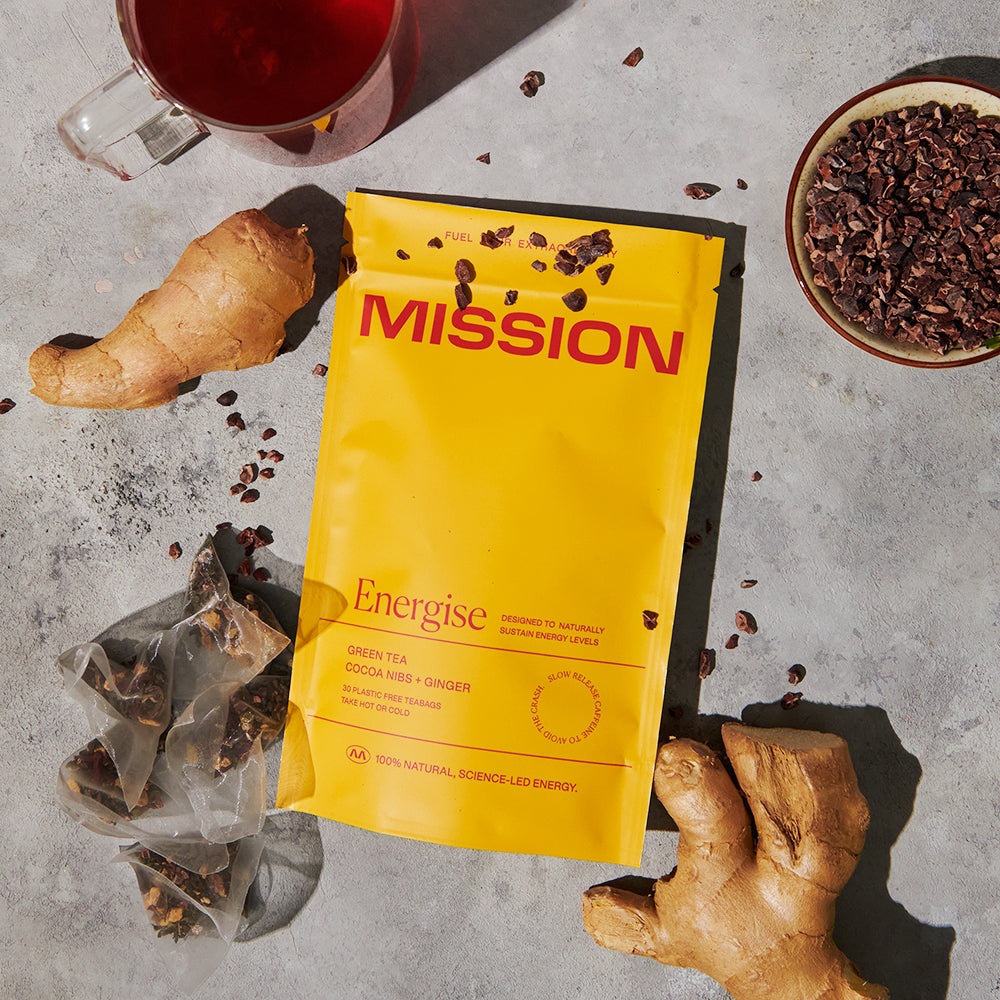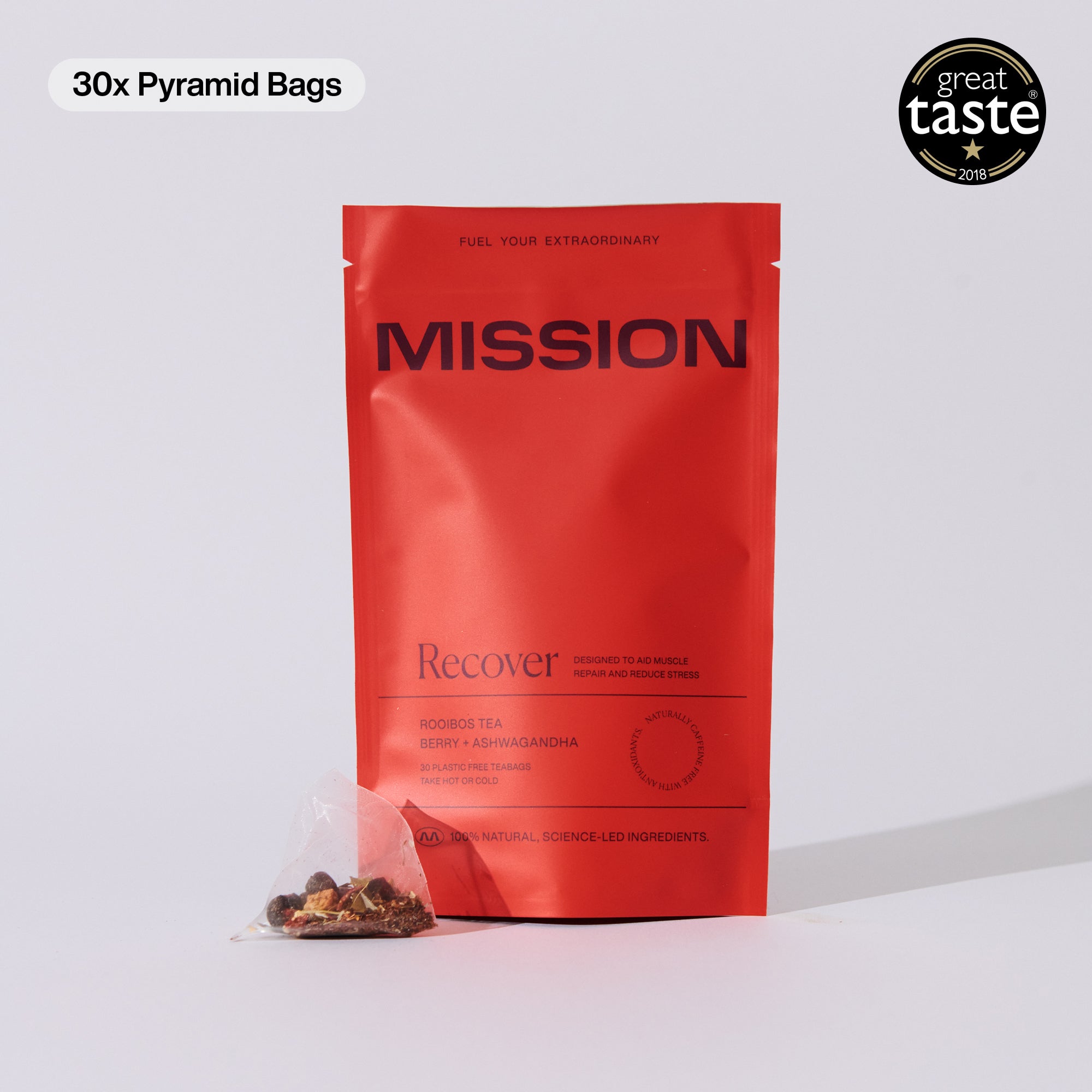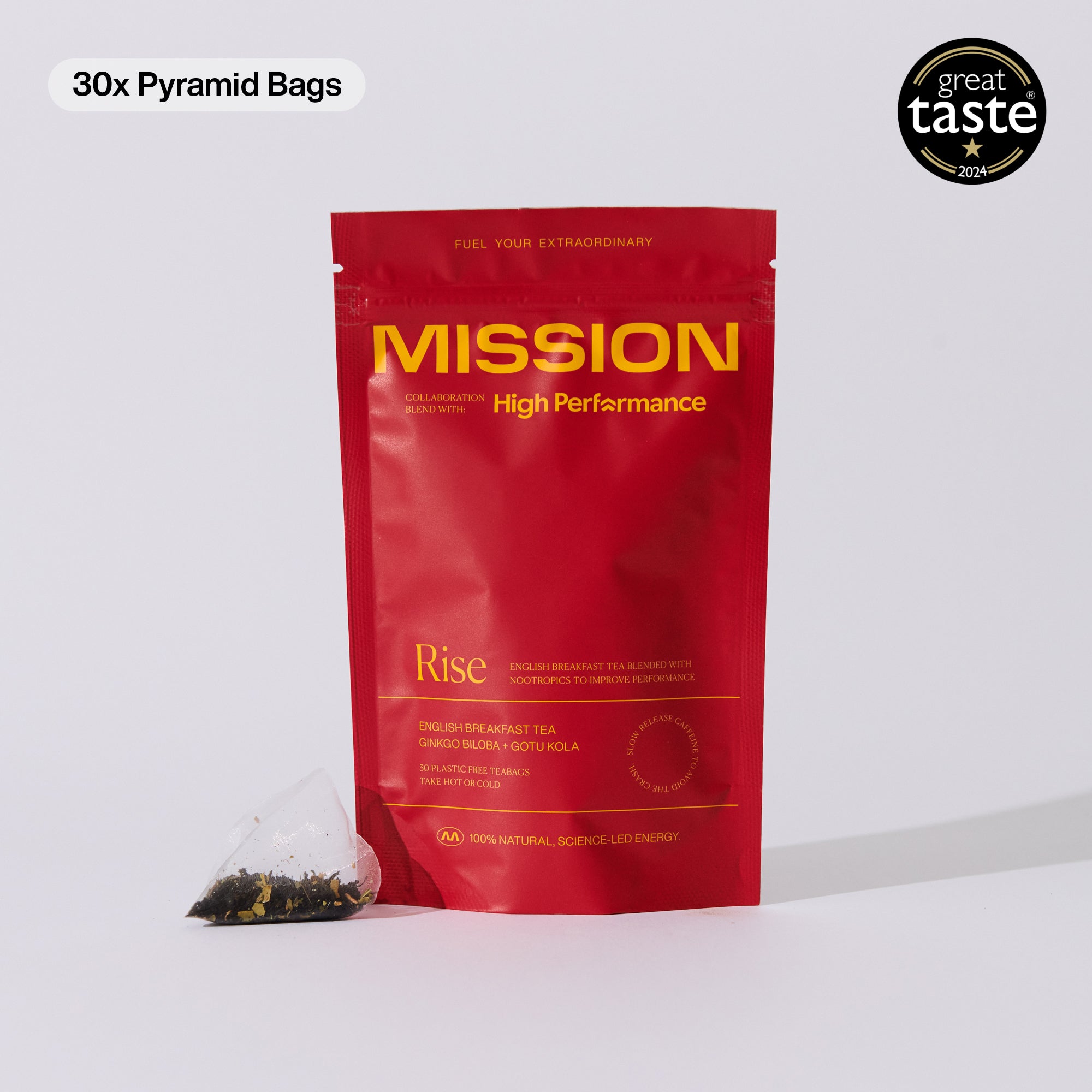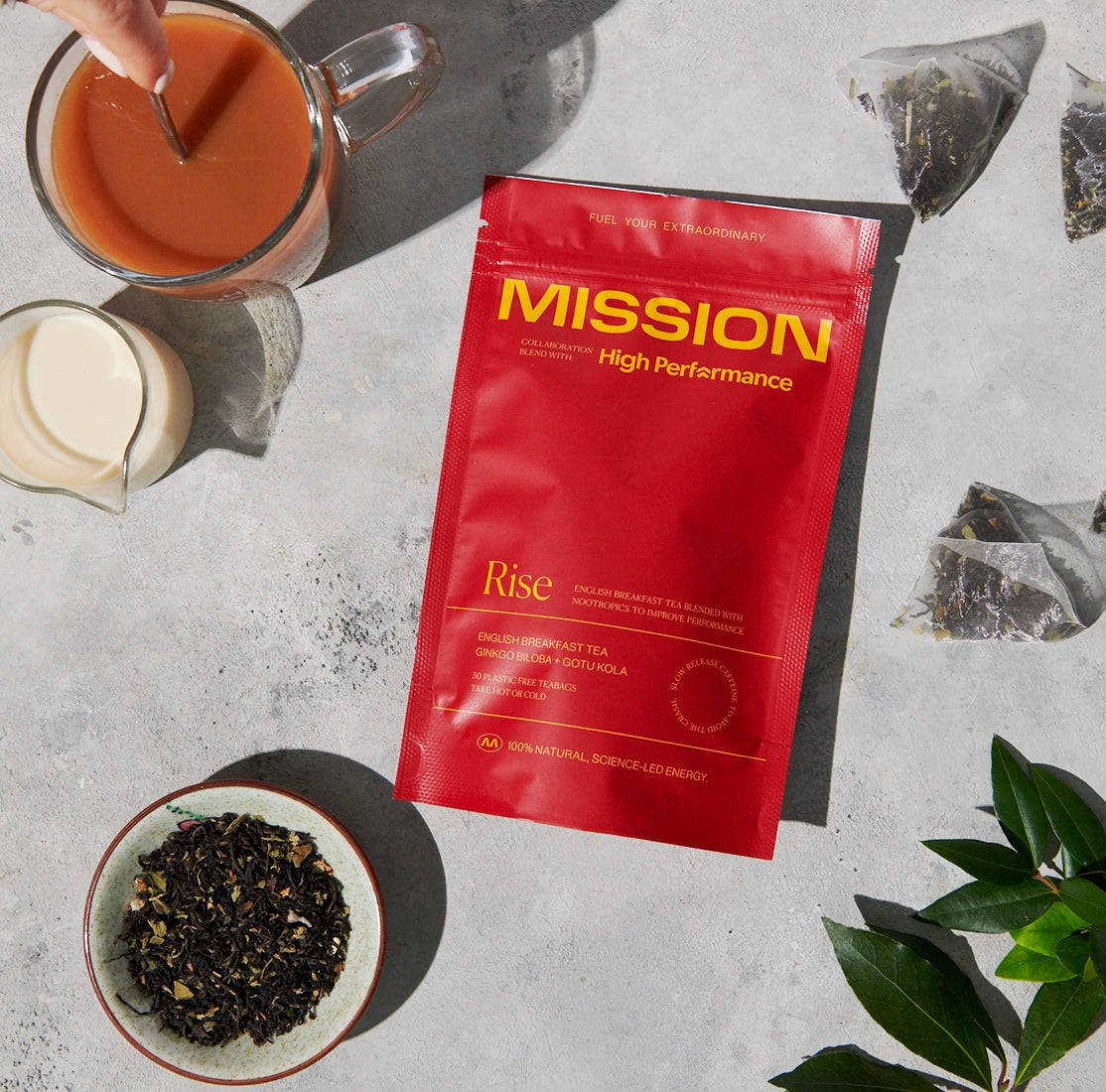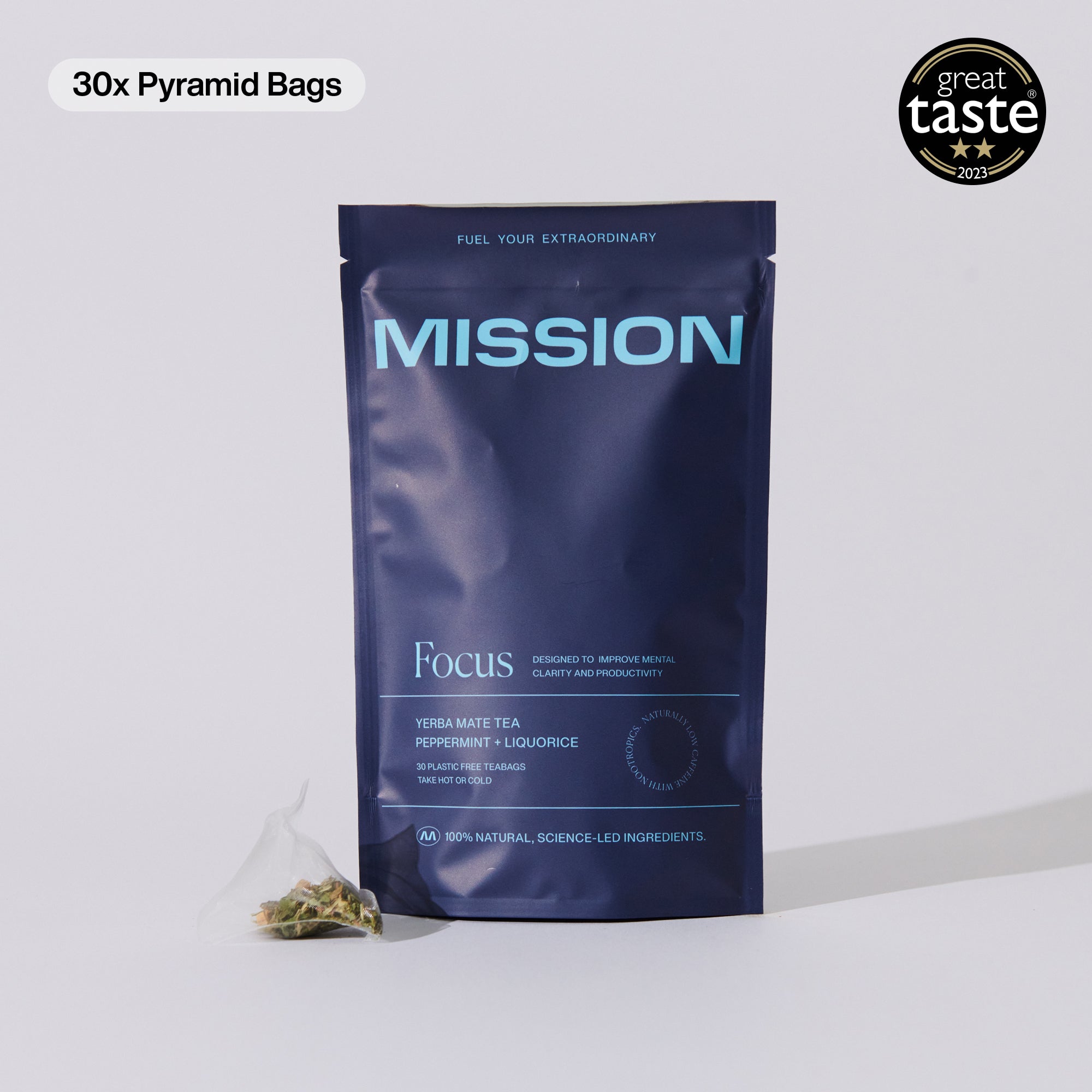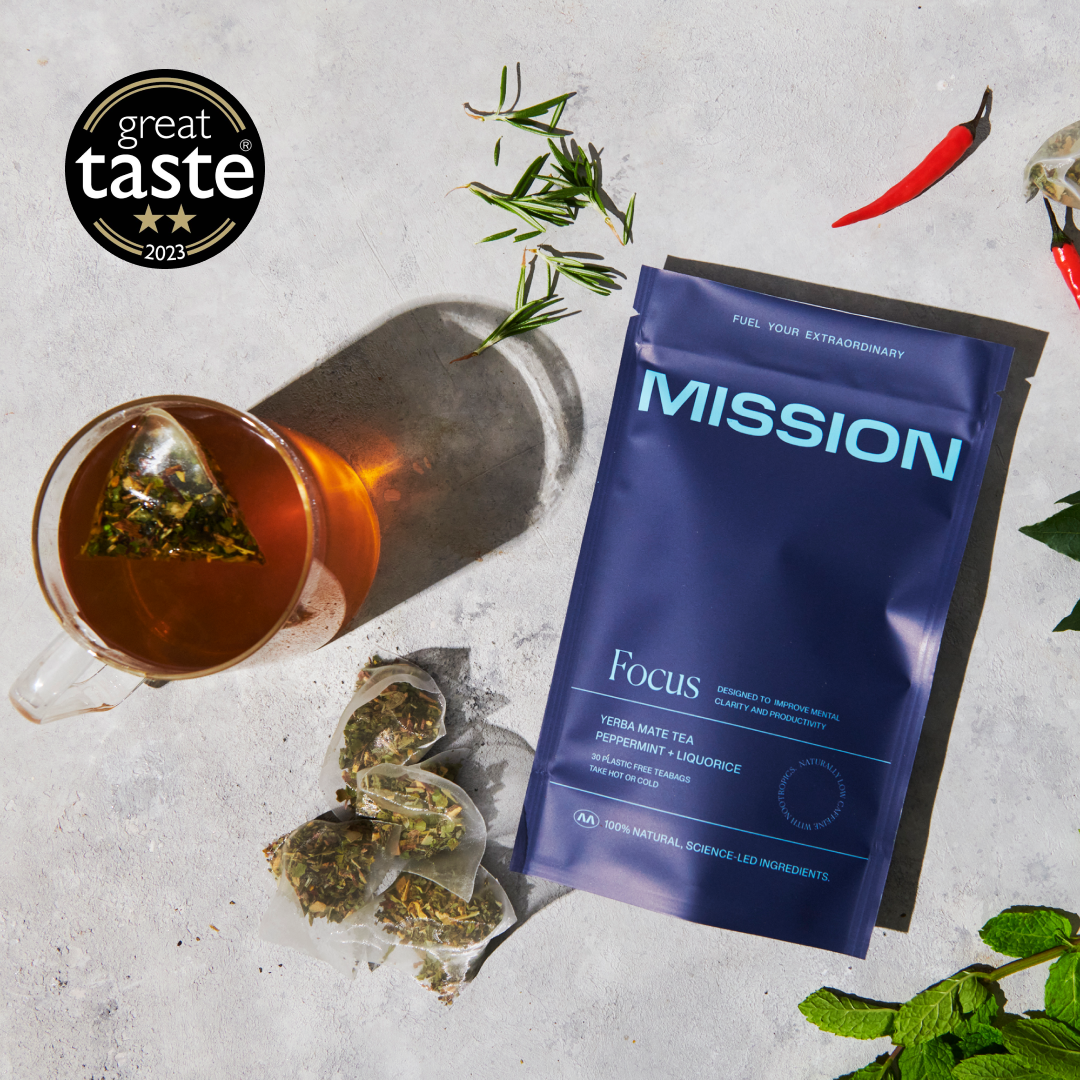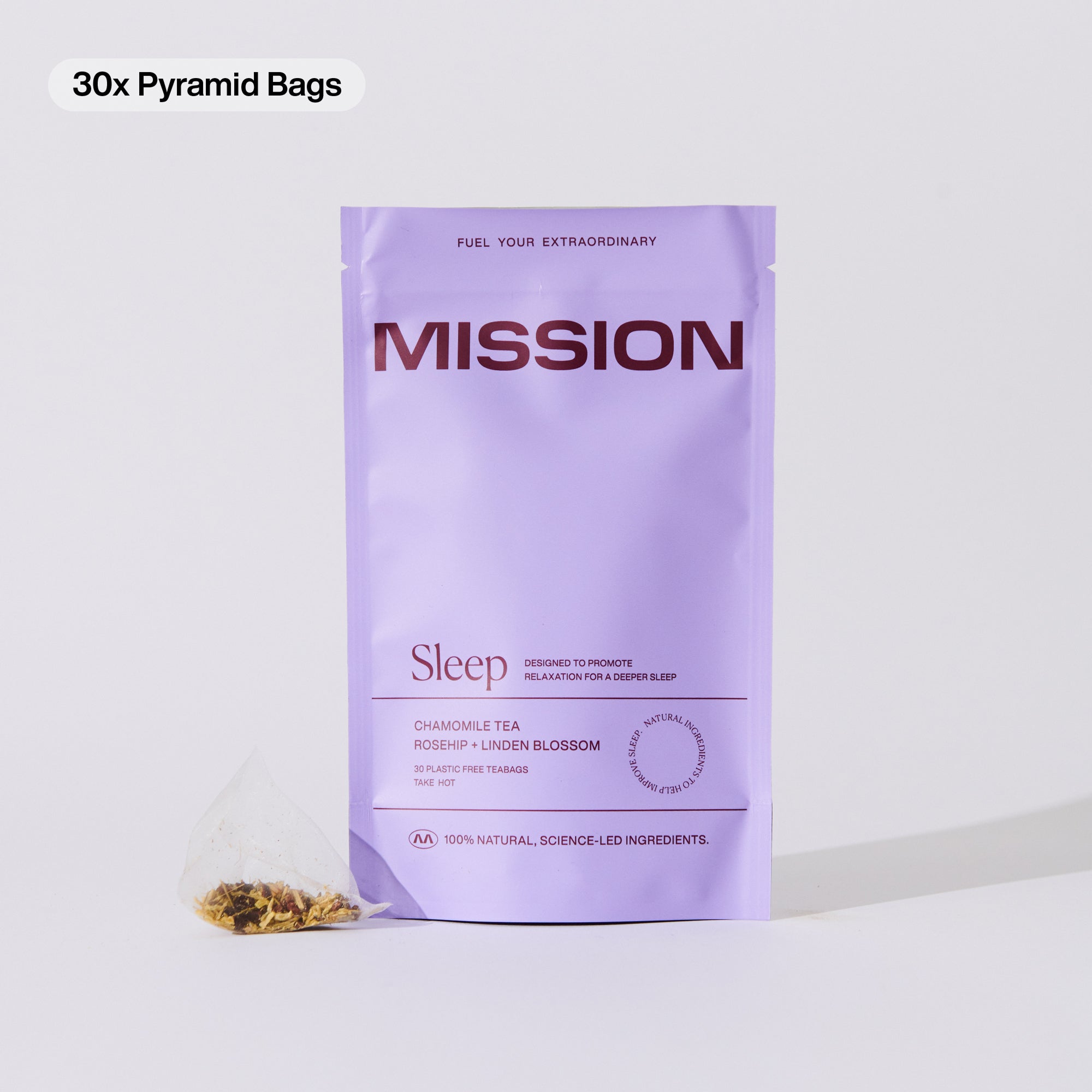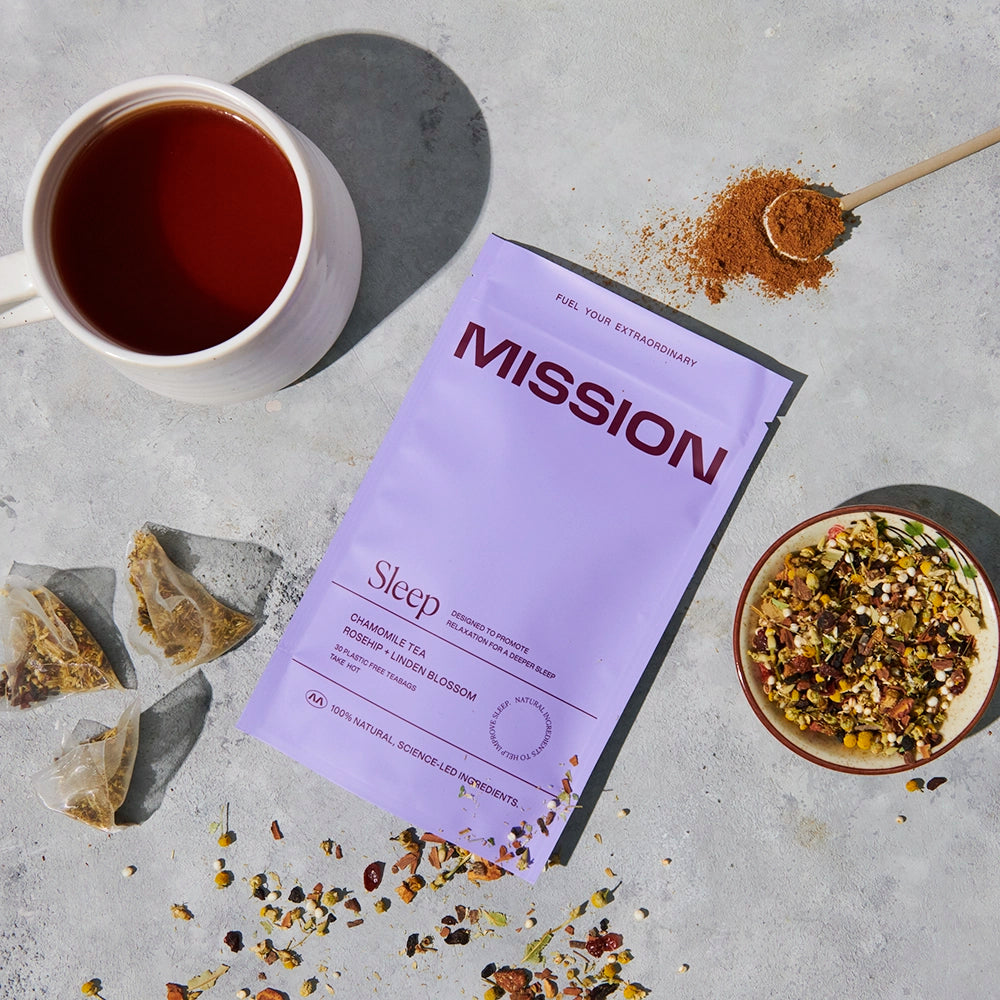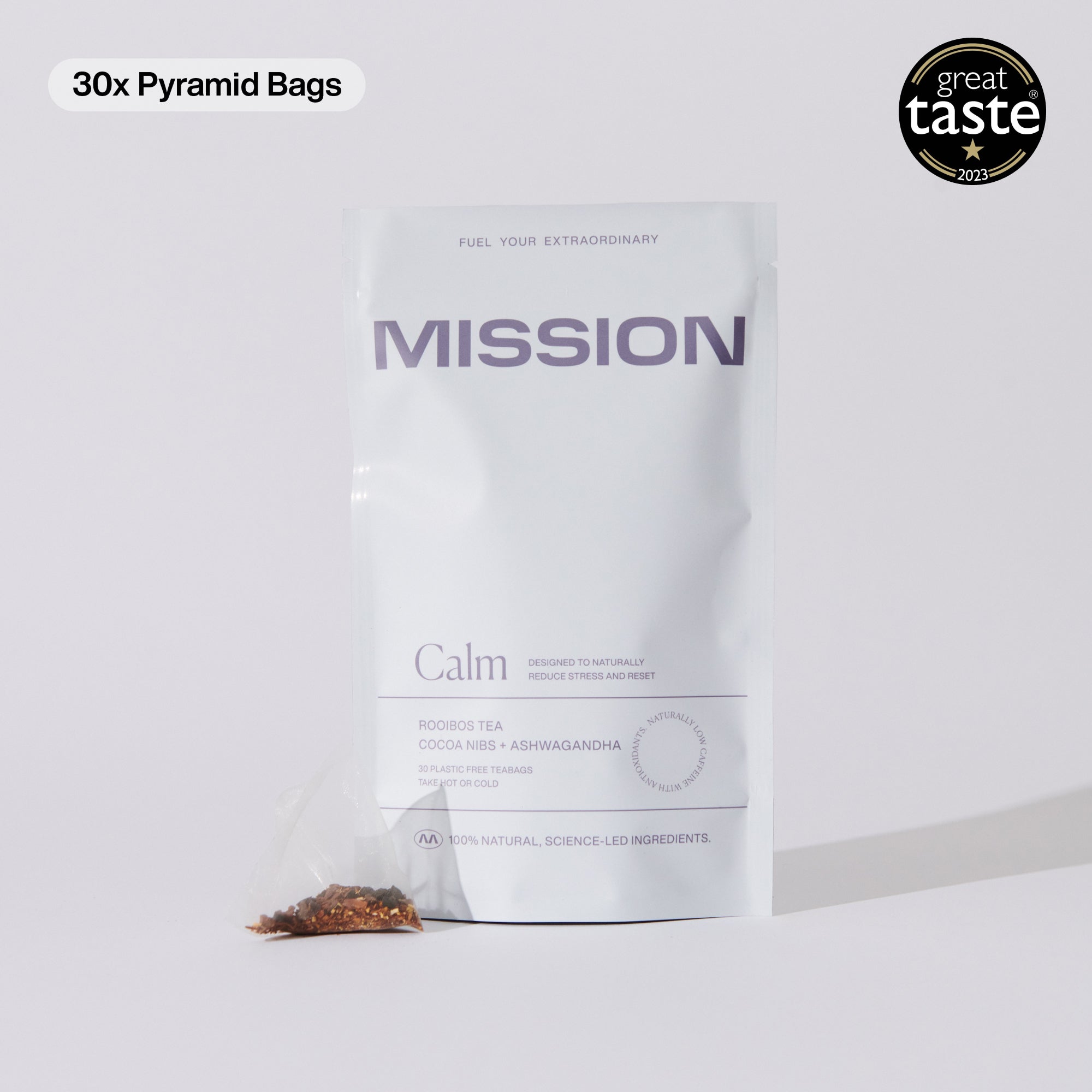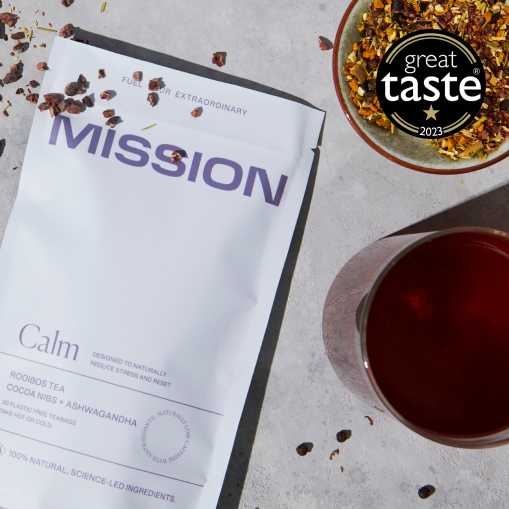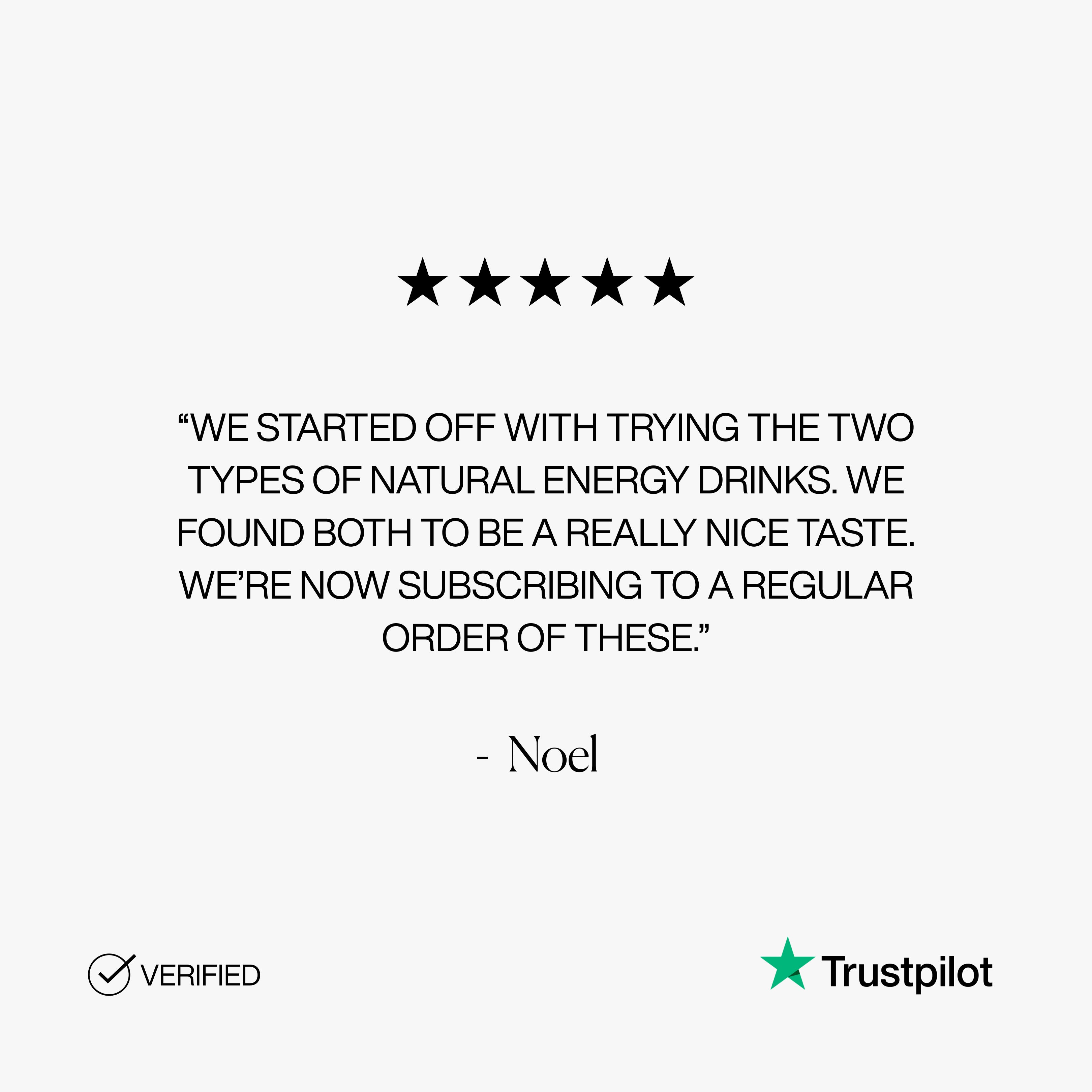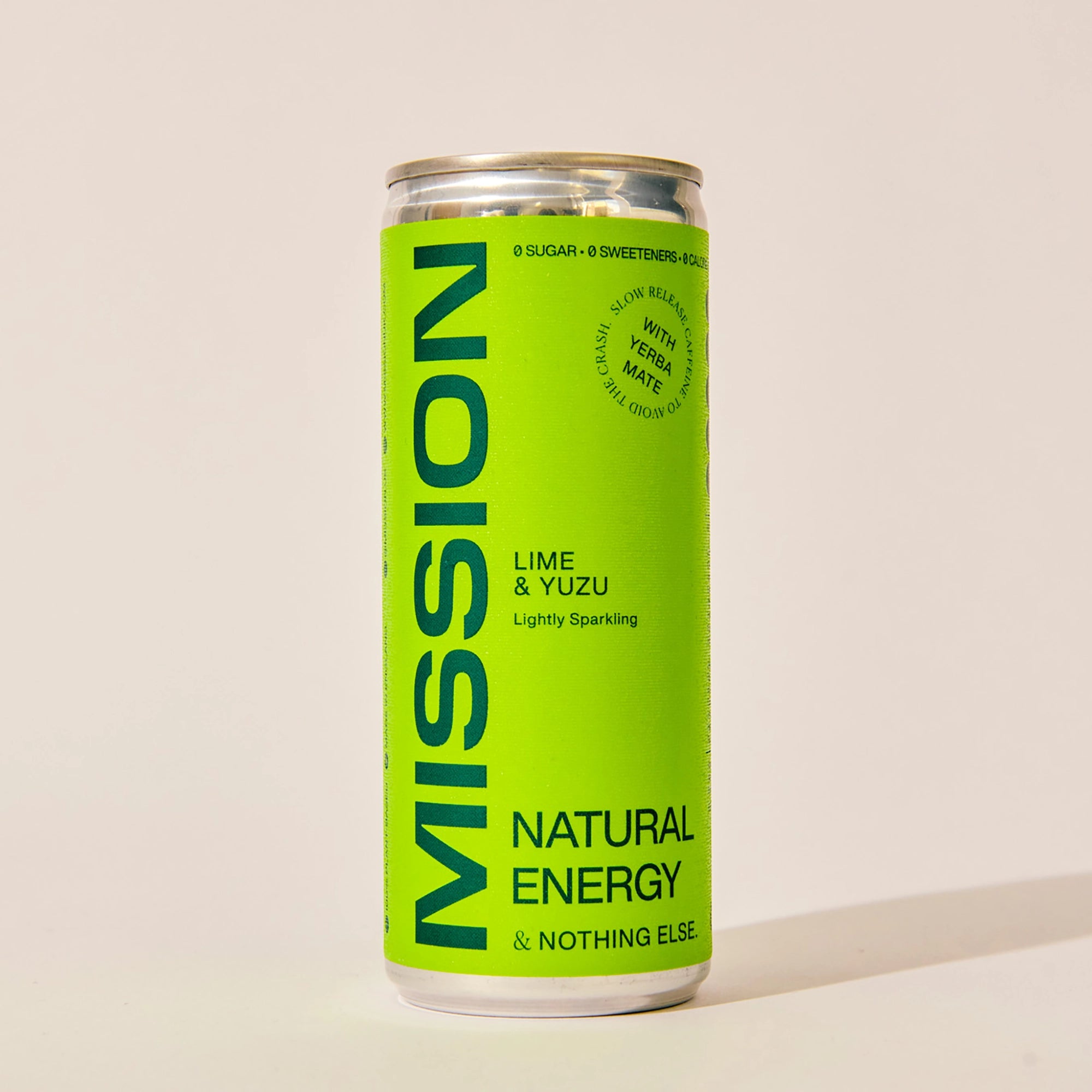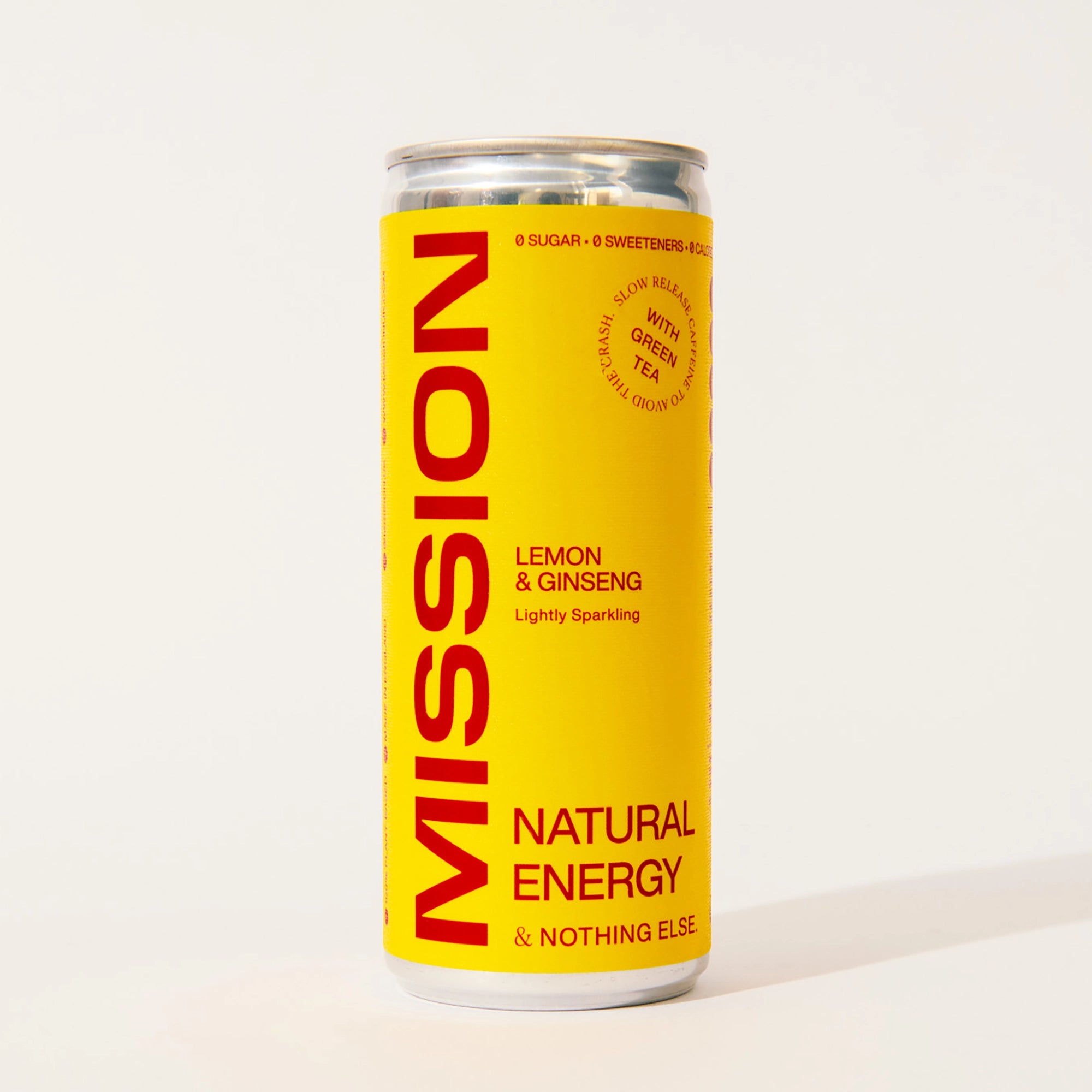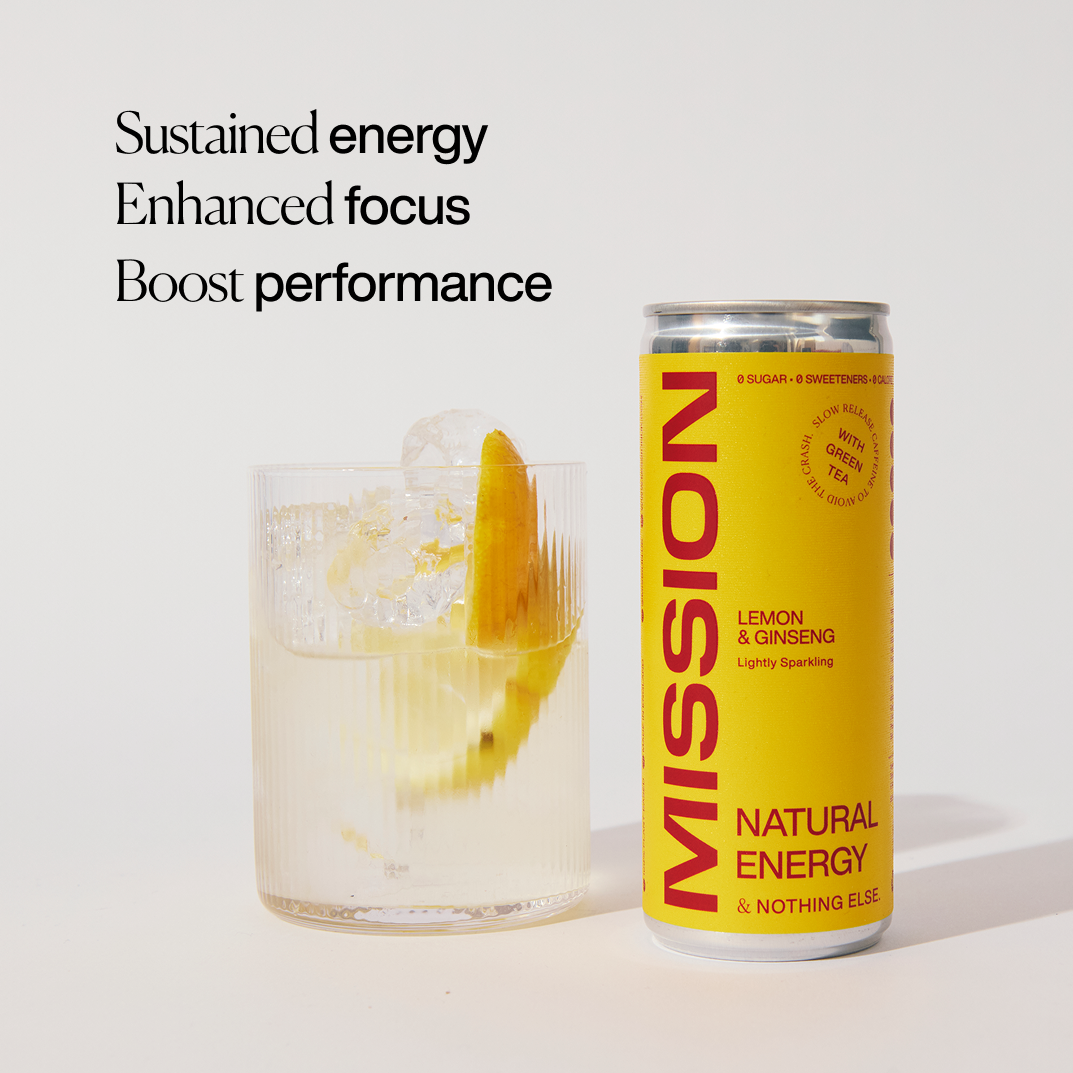Turmeric – more than just a spice cupboard essential!
We often think of Turmeric (botanical name: Curcuma Longa) as a vibrant spice that we add to our curries and perhaps accidently stain our chopping boards or clothes with! Turmeric has also made quite an appearance as a so-called “super food” in the health sphere in recent years.
The truth is that Turmeric has been turned to for its medicinal properties for thousands of years, for example, did you know that Turmeric has been widely used in India for over 2000 years as an antiseptic; in addition, turmeric paste has been used to alleviate various different skin conditions, and even applied to the skin as part of an Indian pre-wedding preparation to impart a glow on the skin.
What makes Turmeric so special?
In case you didn’t know, Turmeric actually belongs to the ginger family, and a specific component of Turmeric, called Curcumin gives Turmeric its bright yellow colour. Turmeric is the “rhizome” (root), of the Turmeric plant, which has beautiful yellow flowers.
Turmeric has many health benefiting components, such as vitamin C, beta-carotene, fibre, iron, potassium, zinc to name but a few, but it is most widely known for the compound Curcumin, which is certainly the star of the show!
Curcumin is a polyphenol (polyphenols are compounds that are found naturally in plants, found to support human health) and has been shown to have various health benefits.
Read on to find out more information about Turmeric and its anti-inflammatory and antioxidant properties, as well as delving into some of its reported benefits, such as improving metabolic health, digestive health, as well as helping to maximise sleep and recovery.

Turmeric Can Reduce Inflammation
Inflammation itself is not necessarily a bad thing – it’s something that happens naturally in the body as a way to repair damage from injury, or fight off nasties, such as viruses and bacteria. In the modern world, the concern lies with chronic inflammation – meaning that the body hasn’t been able to “turn off” an inflammatory response successfully, and it lingers in the human body, and is linked to all kinds of chronic conditions such as heart disease, cancer and diabetes.
In the context of exercise, did you know that exercise is both pro-inflammatory and anti-inflammatory? In essence, inflammation is a natural part of the recovery process after a workout, and long-term exercise helps support the immune system and ultimately reduces inflammation, even chronic inflammation [1].
A 2021 systematic review looking at eleven studies which reviewed the effect of Curcumin supplements on participants carrying out physical exercise, summarised that those taking Curcumin showed reductions in inflammation, oxidative stress, muscle damage and even reduced pain. In addition, it appeared to improve gastrointestinal function, recovery and performance, and even positively improved cardiovascular responses during exercise! [2].
Although exercise has anti-inflammatory mechanisms associated with it, it’s also worth noting that intense exercise can be very pro-inflammatory, hence why it’s so important to incorporate recovery and sleep as a non-negotiable part of your daily routine. Your body (and mind!) will thank you for it!
Turmeric Has Antioxidant Properties
Oxidative stress and damage has been linked with many different chronic diseases. Oxidative stress is the result of an imbalance between free radical production (free radicals are unstable atoms that can be damaging to the body) and our antioxidant defences (the way that our bodies counteract free radical damage) [3].
Oxidative damage can be caused by a variety of things, such as dietary and lifestyle choices, and environmental exposures, such as pollution! We can help support our antioxidant defences through diet and lifestyle – for example, antioxidants are abundant in fruit and vegetables, particularly those brightly coloured ones.
Curcumin, the active compound found in Turmeric, is known specifically for its antioxidant properties, which can protect us from oxidative damage. According to a 2017 review, Curcumin can increase the activity of an important antioxidant called Superoxide Dismutase, it can protect against a variety of different types of free radicals, modify different enzymes that help to neutralise free radicals, and even inhibit enzymes that create free radicals [4].
As you can see, the brightly coloured root packs quite the punch!
Turmeric Might Help Support Metabolic Health
Metabolic health is important for so many reasons. As most of us know, the food that we eat changes our blood sugar levels. We’re all familiar with that feeling when we’ve eaten something sugary, where we feel alert for a brief period and then our energy rapidly declines thereafter – this is linked to fluctuations in our blood sugar levels and it impacts directly on our energy levels.
Every time we eat, a response involving a hormone called insulin is activated, which helps to make sure that glucose can be made available to our cells in order for them to function correctly and efficiently.
Unfortunately, a typical western diet is known to encourage the development of something called “insulin resistance”, whereby glucose is no longer able to enter our cells successfully to be metabolised, and instead remains in our blood stream, causing damage which can contribute to the development of chronic diseases such as diabetes type 2 and essentially, our cells become less metabolically efficient.
Luckily, we can support our metabolic health through diet and exercise, and Turmeric has been studied specifically in relation to metabolic health, such as its influence on those with diabetes type 2 – a chronic disease where blood glucose levels are elevated unnaturally.
A 2021 review looking the use of Curcumin supplementation on participants with diabetes type 2, concluded that Curcumin might be a useful tool in improving insulin resistance and blood sugar control, and even help with lowering triglycerides and cholesterol (types of fat found in the blood, which can be damaging in high levels) [5].
Balancing blood sugar levels throughout the day is not only good for us metabolically, it will also help to ensure that we keep consistent energy levels, and experience less of those afternoon slumps.
Interestingly, how we eat during the day can have an impact on our blood sugar levels during the night when we’re asleep! Did you know that fluctuations in blood sugar during the night can lead to hypoglycaemia (low blood sugar levels), which can cause awakening in the night?
It’s therefore so important for our body to keep our blood sugar levels stable. If you regularly wake in the night, you could try incorporating a snack that releases energy slowly (such as a handful of nuts) 1-2 hours before bed and sip on a large warm mug of our sleep blend, which contains an array of sleep-supporting ingredients (alongside Turmeric) to help you drift off with ease.
Turmeric Might Aid Digestion
Although eating can be one of life’s great pleasures, it’s of course an absolutely vital part of maintaining life. We all know that what we eat can have a great impact on how we feel, both mentally and physically. After eating, we often give little thought to what happens next, because our digestive system quite literally takes over and does the hard work for us, breaking down food into nutrients, so that we can absorb them and use them throughout the body, as well as removing waste products.
Poor digestion is linked to uncomfortable digestive symptoms and not absorbing sufficient nutrients and can result in lethargy, fatigue, discomfort, constipation, diarrhoea to name but a few symptoms. It’s therefore important to support good digestion in order to feel our best.
Turmeric has been investigated in studies in terms of potential benefits on the digestive system, specifically those who experience chronic digestive disorders.
A 2013 review looking specifically at therapeutic potential of Curcumin in digestive diseases, noted that since Curcumin is more bioavailable to the body in the gastrointestinal tract than in other organs, it has potential to successfully support digestive health and thus digestive disorders and diseases [6].
A study published in 2021 looking at the impact of the administration of Curcumin extract in a group of people experiencing digestive complaints found that those taking the extract reported a significant reduction in their digestive symptoms compared to the placebo group [7].
Further research is likely needed in this area, but it does appear that Turmeric’s anti-inflammatory properties could make it an ideal way to support your digestive system.
Is Turmeric A “Must Have”?
We’ve seen that the anti-inflammatory and antioxidant nature of Turmeric can be beneficial in supporting our everyday health, where it might help to support our digestion, metabolic health, sleep, recovery, reduce inflammation and help fend off those damaging free radicals.
The reported benefits of Turmeric make it an ideal addition to the diet of an, where we know that we need to ensure that we support our body before, during and after exercise. Turmeric is packed full of health benefiting compounds, and when taken as part of our calm or sleep powder blend, it might help to reduce inflammation and support your body while it is in Recovery mode - be that post a stressful day or an intense training session.
Don’t Forget To Make Sleep A Priority!
Did you know that insufficient sleep and low quality, un-restorative sleep is pro-inflammatory? This makes rest and recovery a vital part of overall well-being.
The modern world has made sleep a very low priority – the world quite literally never sleeps, there are always things happening online, social media addictions, just one more episode…, but it’s time that we see that investing time in sleep, and good quality sleep, means that we’re quite literally creating more time to feel our best selves and live life optimally.
Sleep is the time for the body to recharge, both mentally and physically and when we wake feeling refreshed and energised, we can perform at our best too. It’s time to view sleep as a key pillar of health and well-being and it’s an essential part of any active lifestyle; therefore, incorporating our special sleep tea blend which has been curated to support rest and recovery should become an unnegotiable part of your evening routine.
Key Takeaway:
Turmeric is anti-inflammatory in nature, and therefore might help with inflammation and muscle soreness after exercise, and therefore may support immune and metabolic functions and enhance performance and recovery in athletes [8].
Fun Fact:
The bioavailability (amount of the active compound that can exert its therapeutic effects) of Turmeric is increased by the addition of a source of fat and black pepper! You could therefore try stirring through a teaspoon of coconut oil and a grind of black pepper to your tea.
An easy way to add turmeric into your diet is with our Calm or Sleep powder:
Try our Sleep powder - this caffeine free blend is designed to improve the quality of sleep as an essential element of performance. Rooibos and Gingko Biloba help to reduce the levels of stress-hormones in your body that can disturb sleep, Lavender reduces anxiety and promotes calmness, whilst Turmeric and Ginger help to relieve pain, boost immunity and reduce inflammation.
Calm is bursting with ingredients recognised for their anti-anxiety properties, we propose this blend as a means to help you switch off, unwind and ground yourself.
This blog was kindly written for us by Amy Cottrell (Dip CNM, mBANT, mANP, mCNHC) a freelance blogger and Nutritional therapist.
From delicious recipes to health supporting tips, you can read more of her blogs here.
References:
[1] da Luz Scheffer, D. and Latini, A. (2020). Exercise-induced immune system response: Anti-inflammatory status on peripheral and central organs. Biochimica et Biophysica Acta. Molecular Basis of Disease. [online] Available at: https://www.ncbi.nlm.nih.gov/pmc/articles/PMC7188661/ [Accessed 30 Apr. 2020].
[2] Suhett, L.G., de Miranda Monteiro Santos, R., Silveira, B.K.S., Leal, A.C.G., de Brito, A.D.M., de Novaes, J.F. and Lucia, C.M.D. (2020). Effects of curcumin supplementation on sport and physical exercise: a systematic review. Critical Reviews in Food Science and Nutrition, pp.1–13.
[3] Betteridge, D.J. (2000). What is oxidative stress? Metabolism, 49(2), pp.3–8.
[4] Hewlings, S. and Kalman, D. (2017). Curcumin: A Review of Its’ Effects on Human Health. Foods, [online] 6(10), p.92. Available at: https://www.mdpi.com/2304-8158/6/10/92.
[5] Zhang, T., He, Q., Liu, Y., Chen, Z. and Hu, H. (2021). Efficacy and Safety of Curcumin Supplement on Improvement of Insulin Resistance in People with Type 2 Diabetes Mellitus: A Systematic Review and Meta-Analysis of Randomized Controlled Trials. Evidence-Based Complementary and Alternative Medicine, 2021, pp.1–19.
[6] Dulbecco, P. (2013). Therapeutic potential of curcumin in digestive diseases. World Journal of Gastroenterology, 19(48), p.9256.
[7] Lopresti, A.L., Smith, S.J., Rea, A. and Michel, S. (2021). Efficacy of a curcumin extract (CurcugenTM) on gastrointestinal symptoms and intestinal microbiota in adults with self-reported digestive complaints: a randomised, double-blind, placebo-controlled study. BMC Complementary Medicine and Therapies, 21(1).
[8] Hewlings, S. and Kalman, D. (2017). Curcumin: A Review of Its’ Effects on Human Health. Foods, [online] 6(10), p.92. Available at: https://www.mdpi.com/2304-8158/6/10/92.



